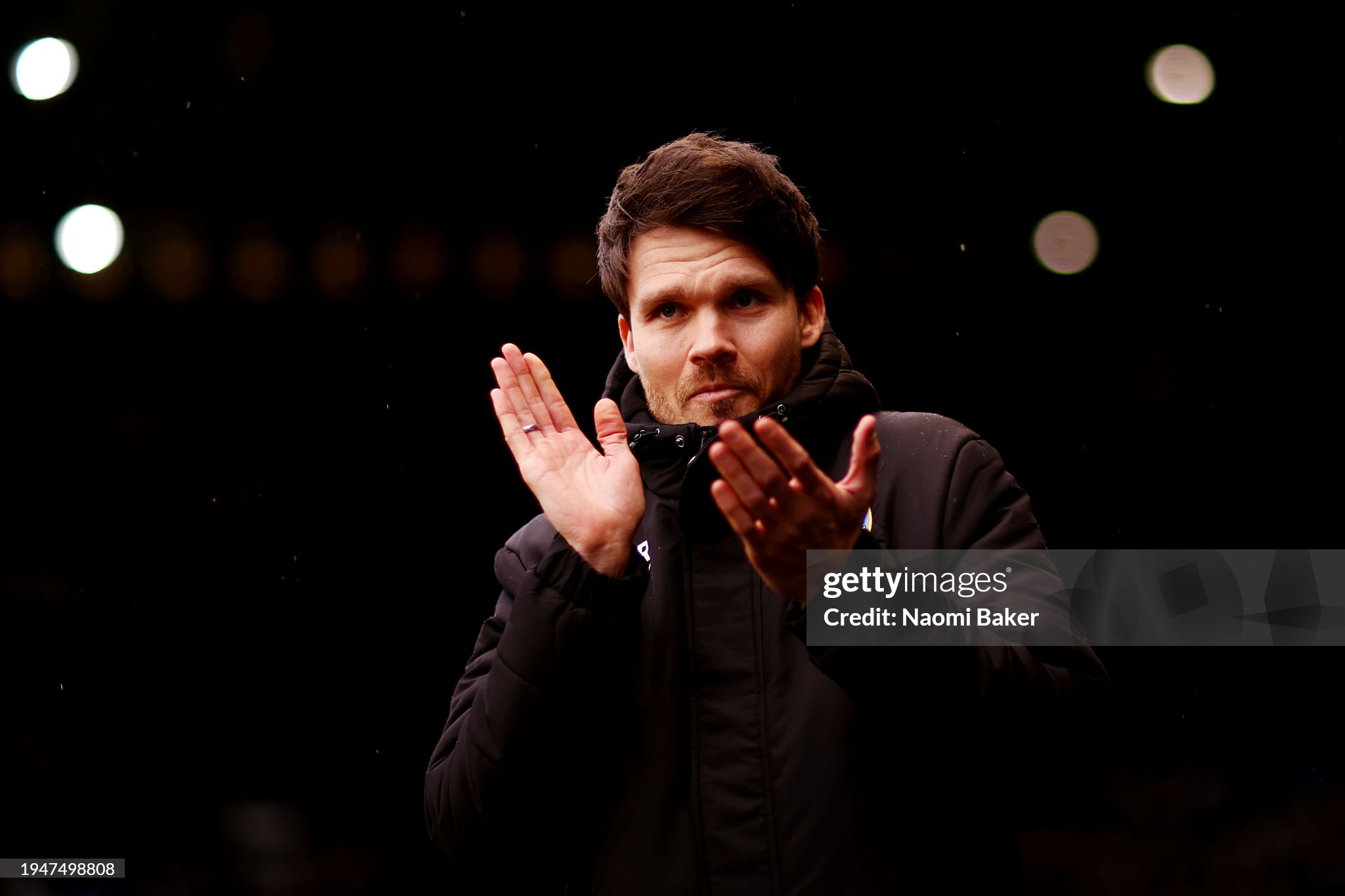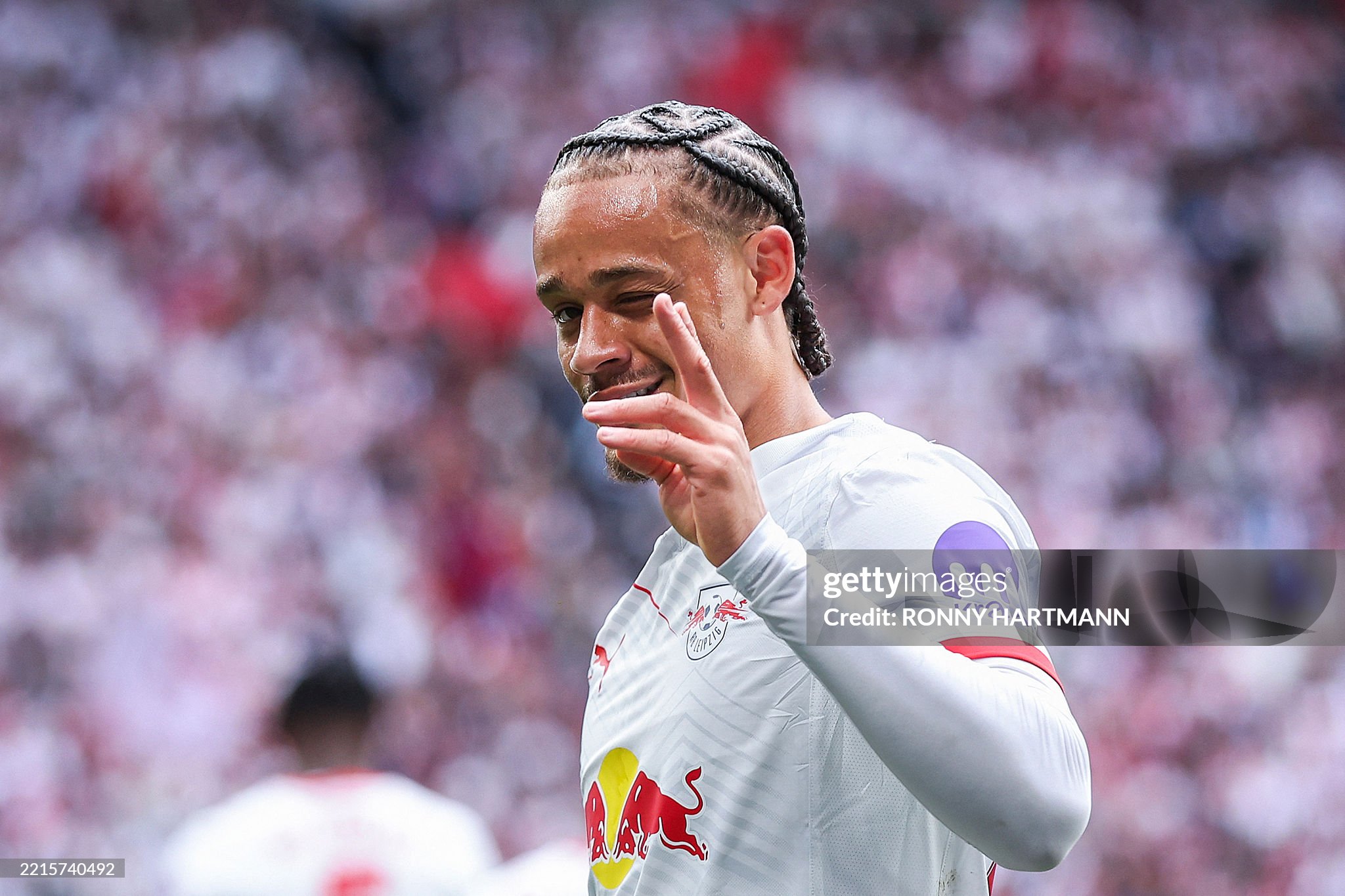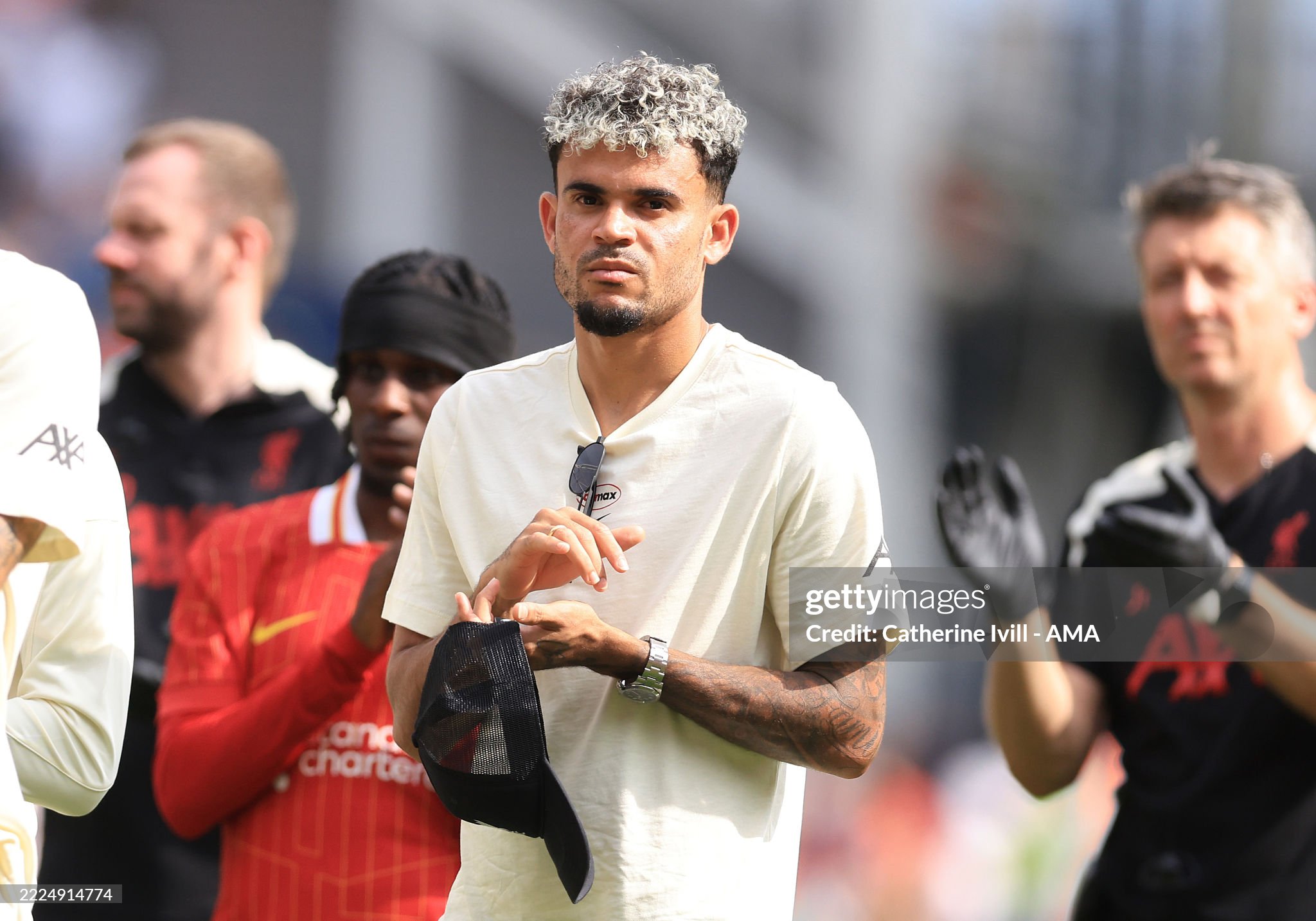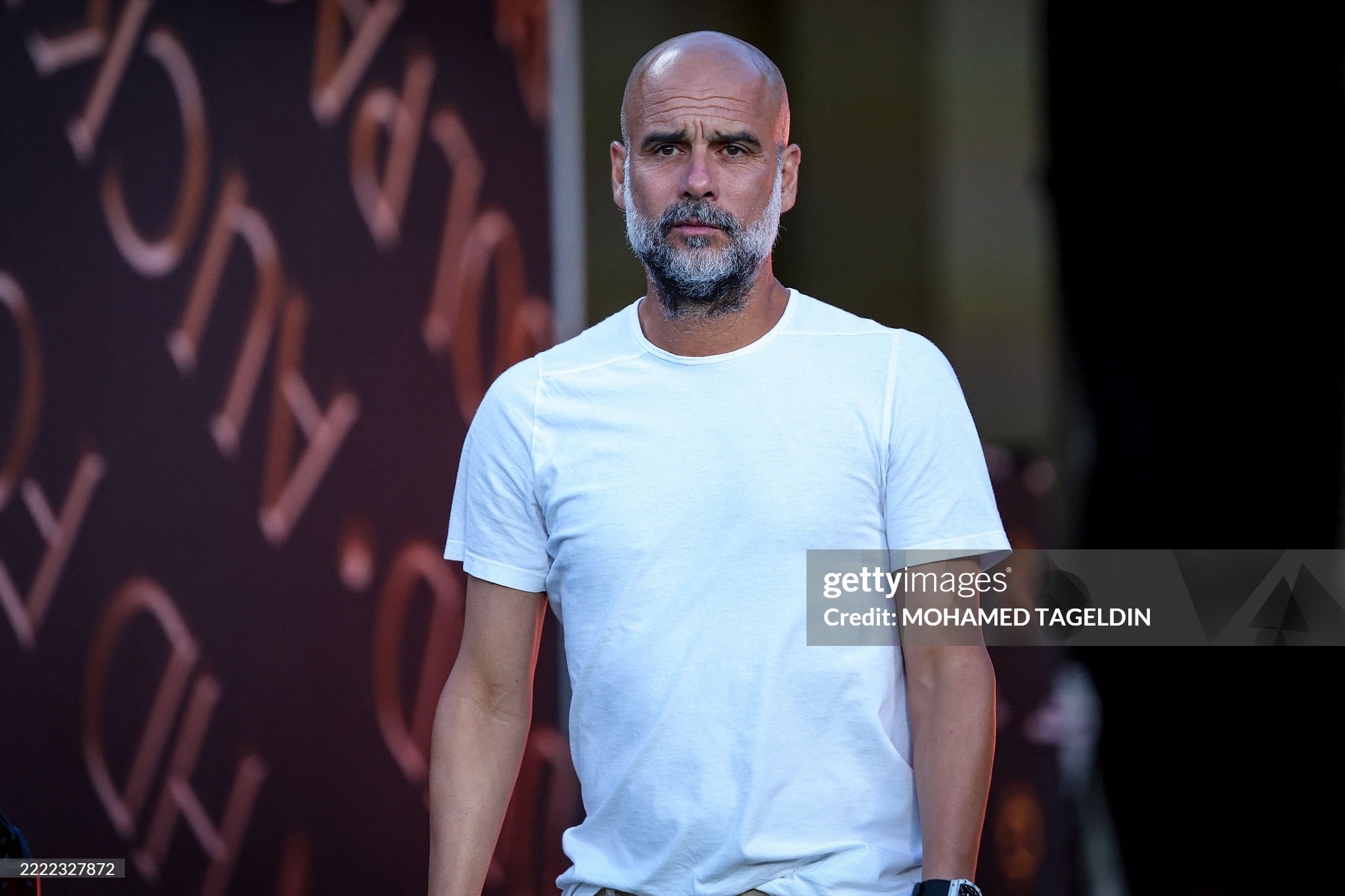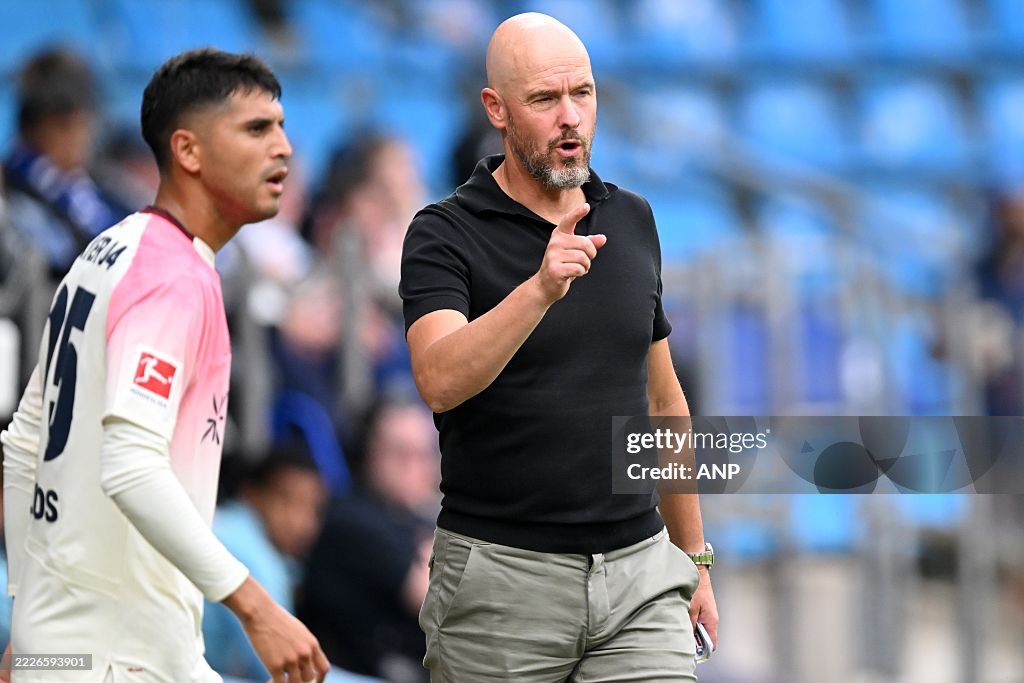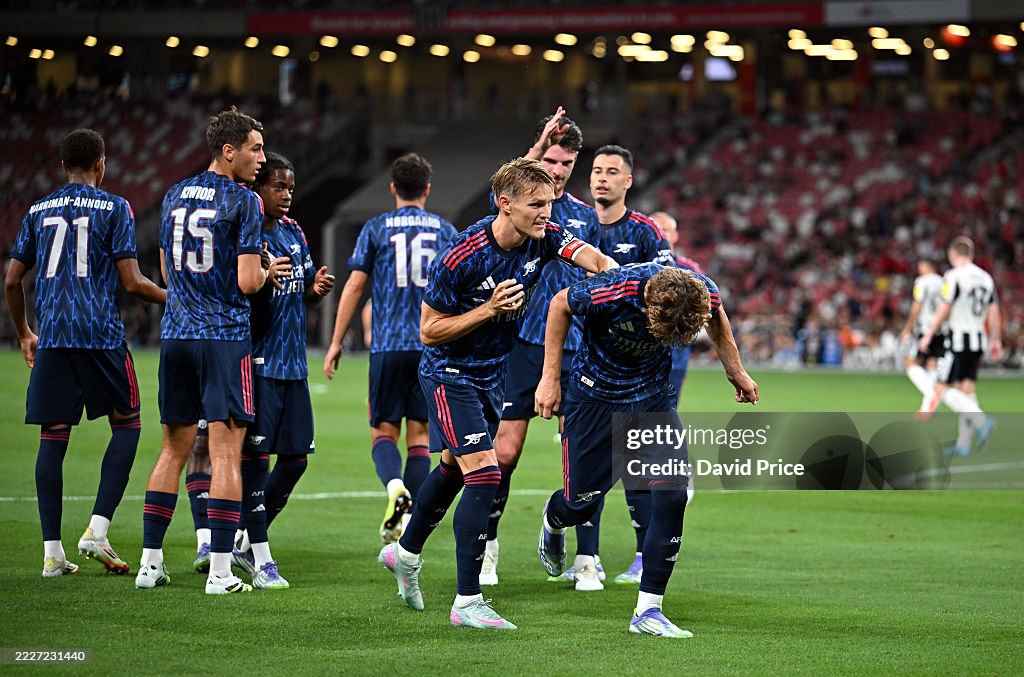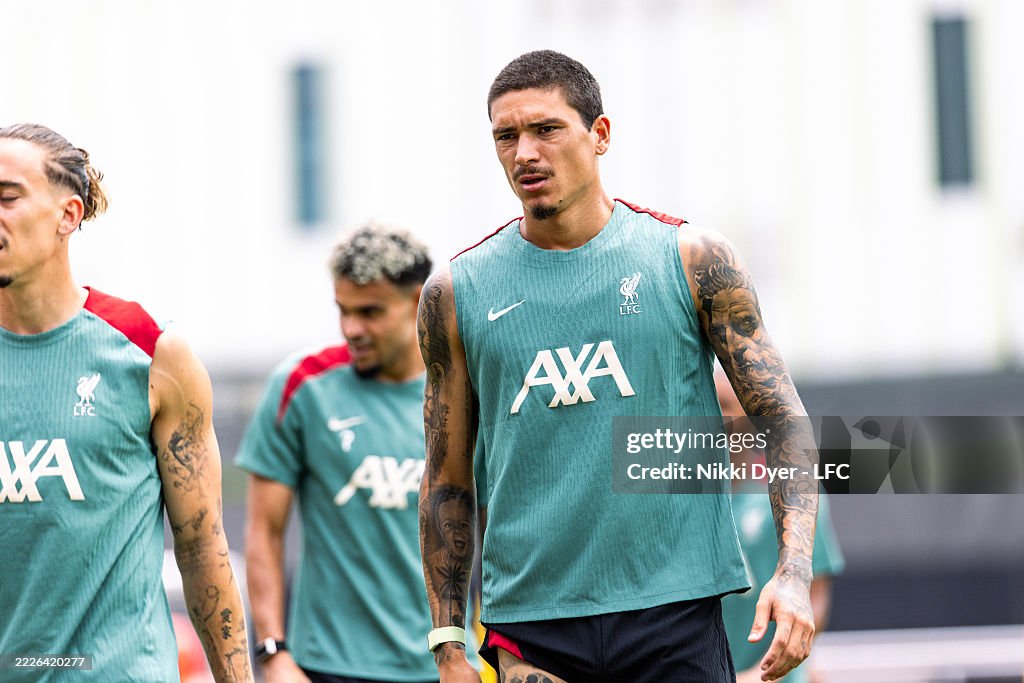The ongoing crisis at Sheffield Wednesday led to the departure of manager Danny Röhl on Tuesday. The German coach handed in his resignation just two weeks before the start of the season.
The future of Danny Röhl at The Owls had been surrounded by uncertainty for some time, and his official resignation on Tuesday marked the latest chapter in a deepening crisis at one of English football’s most historic clubs.
The 36-year-old German coach, who took over Sheffield Wednesday in October 2023, had earned respect for steering the club clear of relegation against the odds, showing tactical acumen and a clear vision for a longer-term project. However, what initially looked like the beginning of a promising rebuild quickly turned into a turbulent and unstable situation behind the scenes.
Earlier this summer, alarm bells started ringing when Röhl failed to report for pre-season training. His absence raised immediate questions about his commitment and relationship with the club hierarchy. Although he returned days later and resumed his duties with the squad, the sense of unease lingered. Insiders suggested that Röhl’s silence during that period reflected his growing frustration with the state of the club, especially its inability to provide clear assurances regarding squad reinforcements, wages, and future planning. Despite those issues, many still believed he would remain at the helm for the new Championship campaign until his sudden departure this week.
According to multiple English media outlets, Röhl’s decision to walk away is directly tied to the increasingly chaotic state of affairs at Sheffield Wednesday. The club has been mired in financial instability for months, and the situation reached a breaking point when it was revealed that players had not been paid their wages for May and June. The delay in payments not only caused unrest within the squad but also triggered a transfer embargo imposed by the EFL. The embargo prevents the club from registering new players a devastating blow to any club preparing for a long and competitive Championship season.
Whether the wages for July will be paid on time remains unclear, and there is growing concern that the crisis could deepen further. Owner Dejphon Chansiri, a controversial figure among fans, has reportedly been trying to sell the club for over a year. Despite claims of interest from overseas investors, no deal has materialized, and the lack of clarity from the boardroom has only heightened the anxiety among supporters. Chansiri has been criticized repeatedly for mismanaging the club’s finances and failing to build a sustainable strategy for growth accusations that now appear to be playing out in real time as the club teeters on the edge.
The Professional Footballers’ Association (PFA), the official players’ union in England, publicly condemned the club’s failure to meet its wage obligations earlier this month. In a strongly worded statement, the PFA warned that such behavior undermines the integrity of the league and the well-being of players. They also emphasized that clubs cannot expect players and staff to continue performing under these conditions. Röhl’s decision to leave was, therefore, not just a personal career move but a powerful statement on the club’s dysfunction.
Four members of Röhl’s backroom team have joined him in departing Hillsborough, further destabilizing the club’s preparations. According to reports from regional media in Yorkshire, Danish coach Henrik Pedersen who served as Röhl’s assistant is expected to take temporary charge of the team. Pedersen has previous experience as a head coach in Denmark and Germany, but taking the reins at Sheffield Wednesday under such strained circumstances will be an enormous challenge.
Sheffield Wednesday’s decline has been painful for supporters who remember better days. In the 1990s, the club was a mainstay in the Premier League, competing with some of the biggest names in English football. They regularly attracted tens of thousands to Hillsborough and fielded internationally recognized players like Dutchmen Regi Blinker, Wim Jonk, Gerald Sibon, and Orlando Trustfull. Their style of play was attractive, and their ambition clear. But following their relegation in 2000, the club has failed to return to the top flight. Instead, the past two decades have been marked by instability, mismanagement, and multiple stints in the third tier (League One).
Under Danny Röhl, there had been cautious optimism. He brought energy, modern tactical ideas, and a degree of professionalism that the club had been missing. His ability to get the best out of limited resources helped Wednesday secure their Championship status for two consecutive seasons. His departure now leaves a vacuum not just on the touchline, but in the club’s vision and leadership.
With the new season just two weeks away, Sheffield Wednesday find themselves in disarray. They have no confirmed manager, are unable to bring in new players, and face an uncertain financial future. Fan groups have called for urgent transparency and action from the board, while some have even organized protests against Chansiri’s ownership. Unless a major turnaround occurs either in the form of a takeover or financial lifeline the 2025/26 season could be one of the most difficult in the club’s long and storied history.
